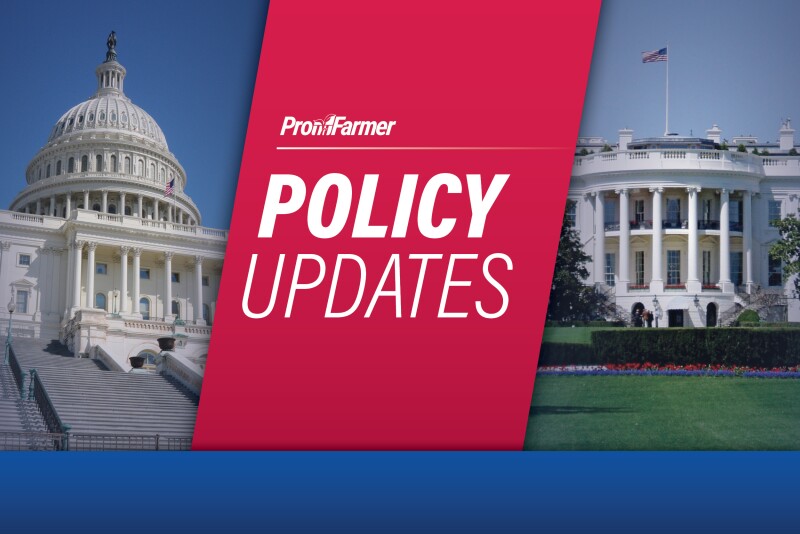Brooke Rollins, President Donald Trump’s nominee for USDA Secretary, has addressed several key issues during her confirmation hearing who is still unfolding. Key developments:
In her opening statement, Rollins outlined several key priorities for USDA if confirmed, as is expected:
- Rapid deployment of disaster and economic assistance authorized by Congress.
- Addressing current animal disease outbreaks.
- Modernizing and realigning USDA.
- Ensuring long-term prosperity for rural communities.
Ethanol and Renewable Fuel Standard (RFS). Rollins clarified her stance on ethanol and the RFS, distancing herself from past positions of the Texas Public Policy Foundation:
- She stated that the Foundation’s position on ethanol/RFS was written a decade ago and was one of 900-1,000 papers produced annually.
- Rollins emphasized she did not author those papers herself.
- While admitting to being a defender of fossil fuels, she insisted she would be “a secretary for all of agriculture” and a “champion for all fuels.”
When asked again on biofuel policy, Rollins said, “Everyone knows where the president is on this.” The regulatory effort under the first Trump administration to make sales of E15 available year-round, Rollins noted, was not developed by the domestic policy office that she headed but she still said she looked forward to working on the issue ahead. She also committed to working with Treasury secretary-designate Scott Bessent on the 45Z Clean Fuels Production Credit. And she will make sure Bessent has the “data and the voices around him to make the right decisions.”
Tariff impact aid for farmers. During questioning, Committee Chairman John Boozman (R-Ark.) asked Rollins about her approach to working with President Trump’s trade agenda. Rollins responded that she would prioritize working with the White House to address any challenges farmers and ranchers might face under potential tariff implementations. Rollins committed to supporting farmers in case of tariff-related harm:
- She pledged to undertake efforts like the Market Facilitation Program (MFP) via payments from the first Trump administration. MFP was part of a broader effort by USDA to assist farmers impacted by retaliatory tariffs and trade disruptions.
- Rollins has consulted with former USDA Secretary Sonny Perdue about the implementation of such programs.
On trade, Rollins committed to using USDA programs and policies to bring the trade deficit in agriculture down to zero. But Sen. Michael Bennet (D-Colo.) countered that things like a stronger dollar and other factors were bigger components of the agriculture trade deficit rather than a failure of USDA policy.
On immigration and mass deportations, Rollins emphasized her role is to “Help President Trump deploy his agenda in an effective way while defending our farmers and ranchers across the country.” She noted that when it comes to immigration it was important to “follow the data, listen to our farmers and ranchers” and make sure farmers and dairy farmers are not put out of business. She also pledged to work with lawmakers on trying to “reform and modernize” the H-2A program. Trump has made clear that the first round of deportations will be those who have “committed crimes while within our borders.”
Proposition 12. Rollins committed to working with Sen. Joni Ernst (R-Iowa) and others on basically addressing Prop 12 as that is affecting several states.
Commitment to agriculture. Rollins emphasized her dedication to the agricultural sector:
- She stated, “My role is to defend, honor, and elevate our entire ag community in the oval office... to ensure that every decision made has that front of mind.”
Personal background. Rollins shared a personal detail about her family: She revealed that her mother was the oldest freshman in the Texas legislature, highlighting her family’s history of public service.
Bottom line: These statements demonstrate Rollins’ attempt to position herself as a supporter of diverse agricultural interests, including both traditional and renewable fuels, while also showing her commitment to protecting farmers from potential trade-related challenges.

